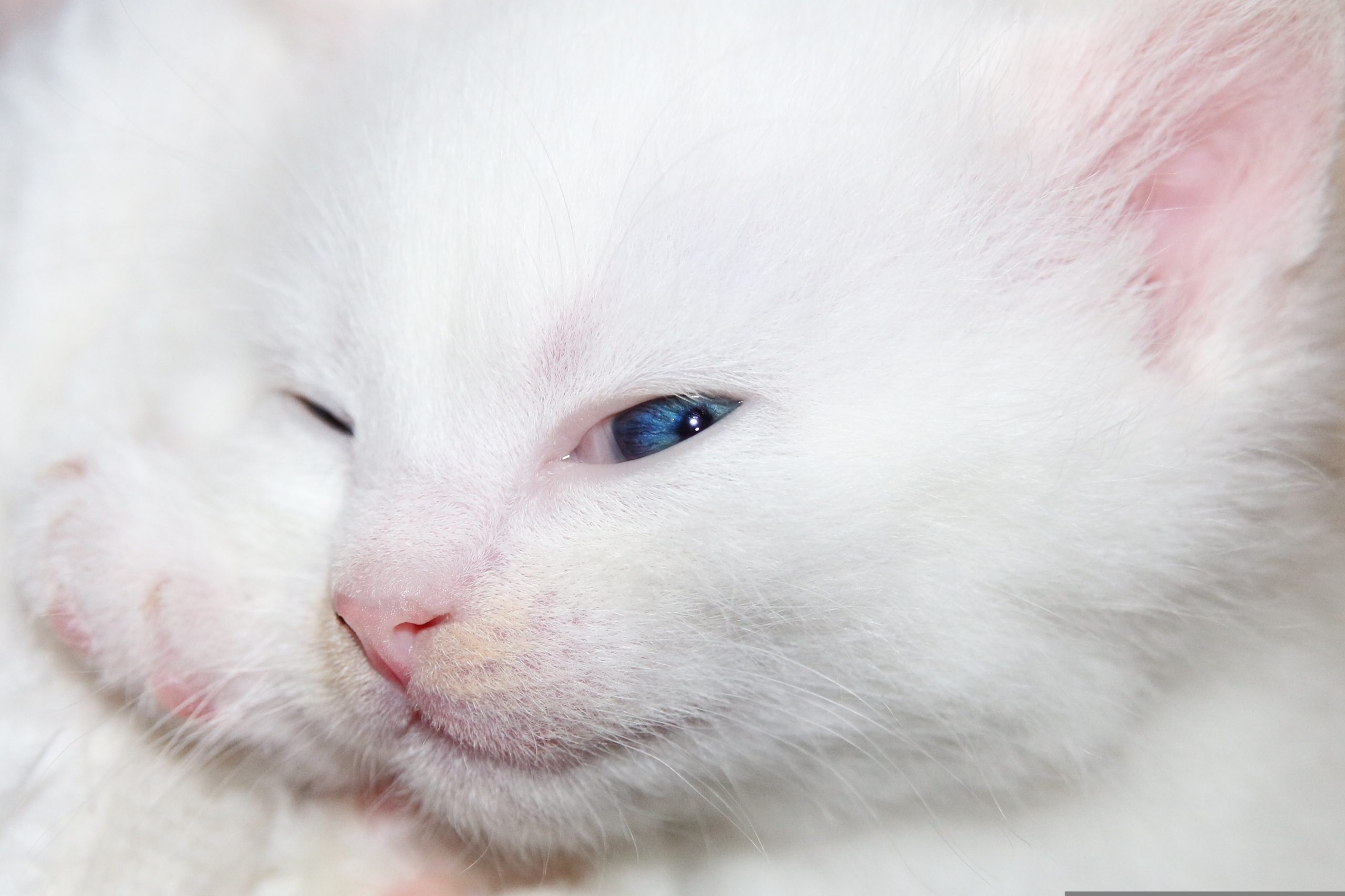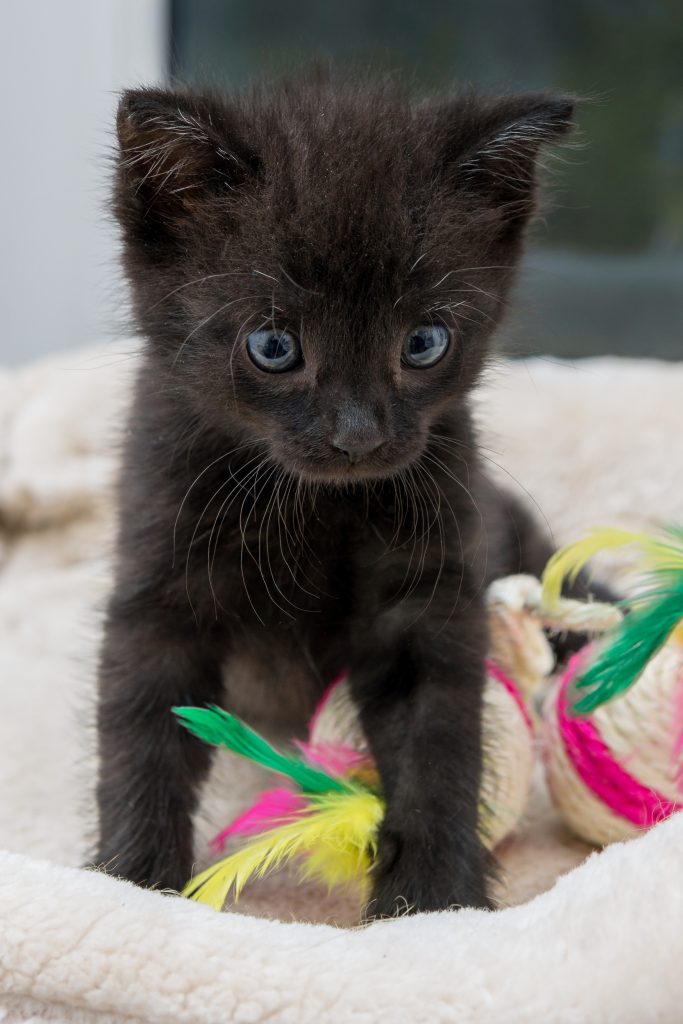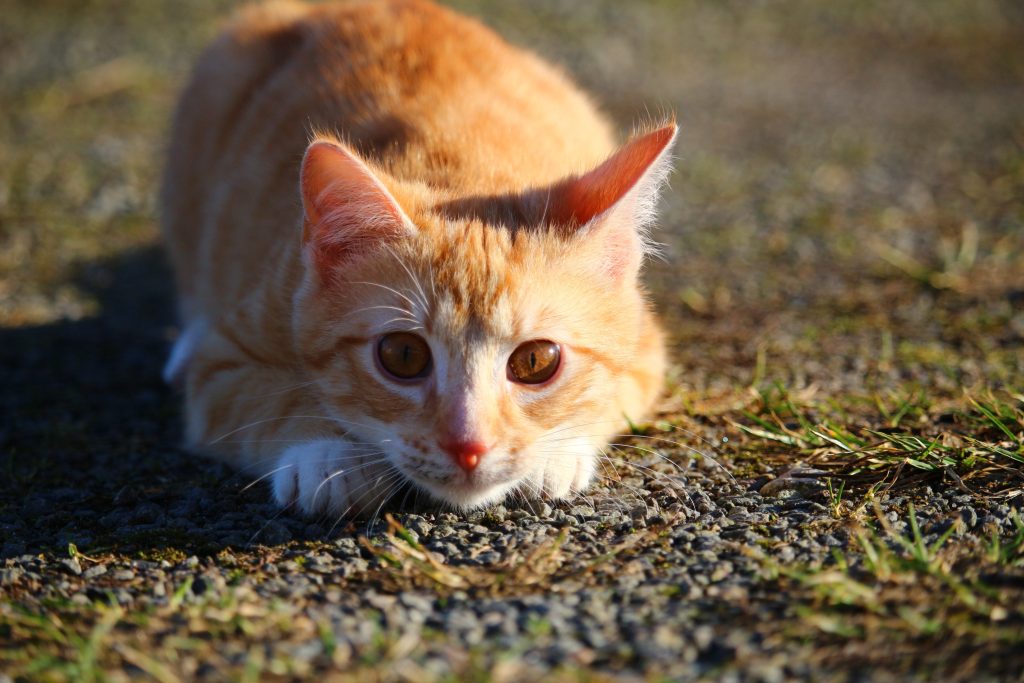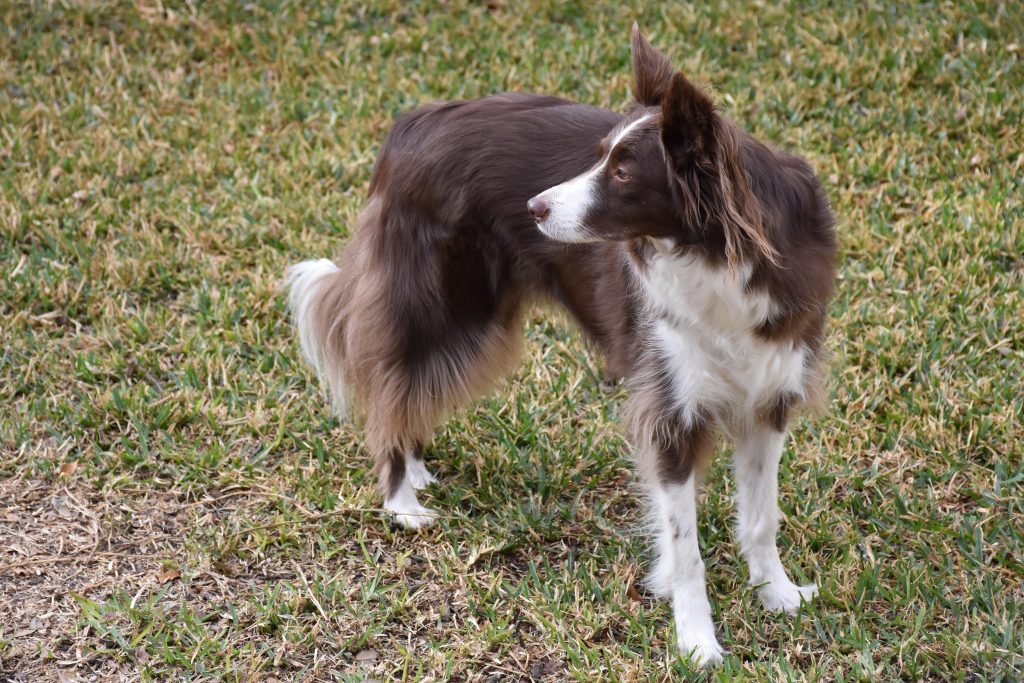As pet owners, we often rely on physical symptoms like vomiting, diarrhea, or changes in appetite to alert us that something may be wrong with our furry companions. However, many illnesses can be visible in different ways, with behavioral changes being among the earliest and most prominent signs. Recognizing and understanding these behavioral shifts can be crucial in detecting health issues early and seeking timely veterinary care.
Changes in Activity Level and Energy
One of the most common behavioral indicators of illness is a noticeable change in your pet’s activity level or energy. A typically energetic dog or playful cat may become lethargic, sleep more than usual, or show a lack of interest in activities they once enjoyed the most.Or vice versa, some pets may become restless or pace excessively, which could sign of discomfort or pain.
These changes in energy level can be a symptom of a variety of underlying conditions, such as infections, chronic diseases, or even certain types of cancer. It’s important to note that while a temporary decrease in energy can be normal, prolonged lethargy or excessive restlessness should not be ignored, as it may be a sign of a more serious health issue.
Appetite and Eating Habits
Shifts in your little one’s appetite or eating habits can also be indicative of an underlying health problem. A sudden loss of appetite, decreased interest in food, or a reluctance to eat could signal various issues, including dental problems, gastrointestinal disorders, or other discomfort faced by your pet.
On the other hand, an increased appetite or excessive hunger accompanied with weight loss, could be a sign of conditions like diabetes or hyperthyroidism. It’s important to monitor not only the quantity of food your pet consumes but also their eating habits, as some pets may show changes in the way they approach their food or water bowls.
Grooming and Coat Condition
Pets that experience pain, discomfort, or certain illnesses may neglect their grooming habits, leading to changes in their coat condition. Excessive shedding, matted or tangled fur, or a general lack of self-grooming can be indicators of a variety of health issues, including skin conditions, hormonal imbalances, or even dental problems that makes self -grooming uncomfortable.
Additionally, some pets may engage in excessive licking, chewing, or scratching at specific areas of their body, which could signal localized pain, irritation, or allergic reactions.
Changes in Vocalization
Pets communicate through vocalizations, and changes in the frequency, intensity, or type of sounds they make can be indicative of an underlying health issue. For example, a dog that begins to whine, howl, or bark more than usual may be experiencing pain, anxiety, or cognitive changes.
Similarly, cats that become more vocal than usual, or changes in their typical meowing patterns, could be a sign of discomfort or distress. It’s important to pay attention to these subtle changes, as they may be your pet’s way of communicating that something that we might miss as pet owners.
Elimination Habits
Changes in your pet’s elimination habits, such as increased or decreased urination, straining to urinate or defecate, or changes in the consistency or appearance of their urine or feces, can be indicative of a range of health problems. These changes could signal issues with the urinary tract, digestive system, or even certain metabolic disorders.
It’s crucial to monitor your pet’s litter box or outdoor bathroom habits, as these changes can be early signs of conditions like urinary tract infections, kidney disease, or gastrointestinal issues.
Social Behavior and Interactions
Pets are social creatures, and changes in their interactions with their owners or other pets can be signs of potential health problems. A normally friendly and affectionate pet may become withdrawn, seek more alone time, or even display aggression or irritability.
These behavioral shifts could be an indication of conditions like pain, cognitive decline, or maybe certain neurological disorders. It’s essential to pay attention to your pet’s interactions and address any concerning changes, as they may be communicating discomfort or distress.
While behavioral changes can be subtle and easily overlooked, they are often the first indicators that something is not right with your pet’s health. By being attentive to these shifts and monitoring your pet’s behavior closely, you can increase the likelihood of early detection and veterinary intervention as soon as possible.
Pets cannot verbalize their discomfort or illness, so it’s our responsibility as owners to be their advocates and interpret these behavioral cues. If you notice any persistent or concerning changes in your pet’s behavior, don’t hesitate to consult with your veterinarian. Early intervention and treatment can often make a significant difference in your pet’s health and well-being.


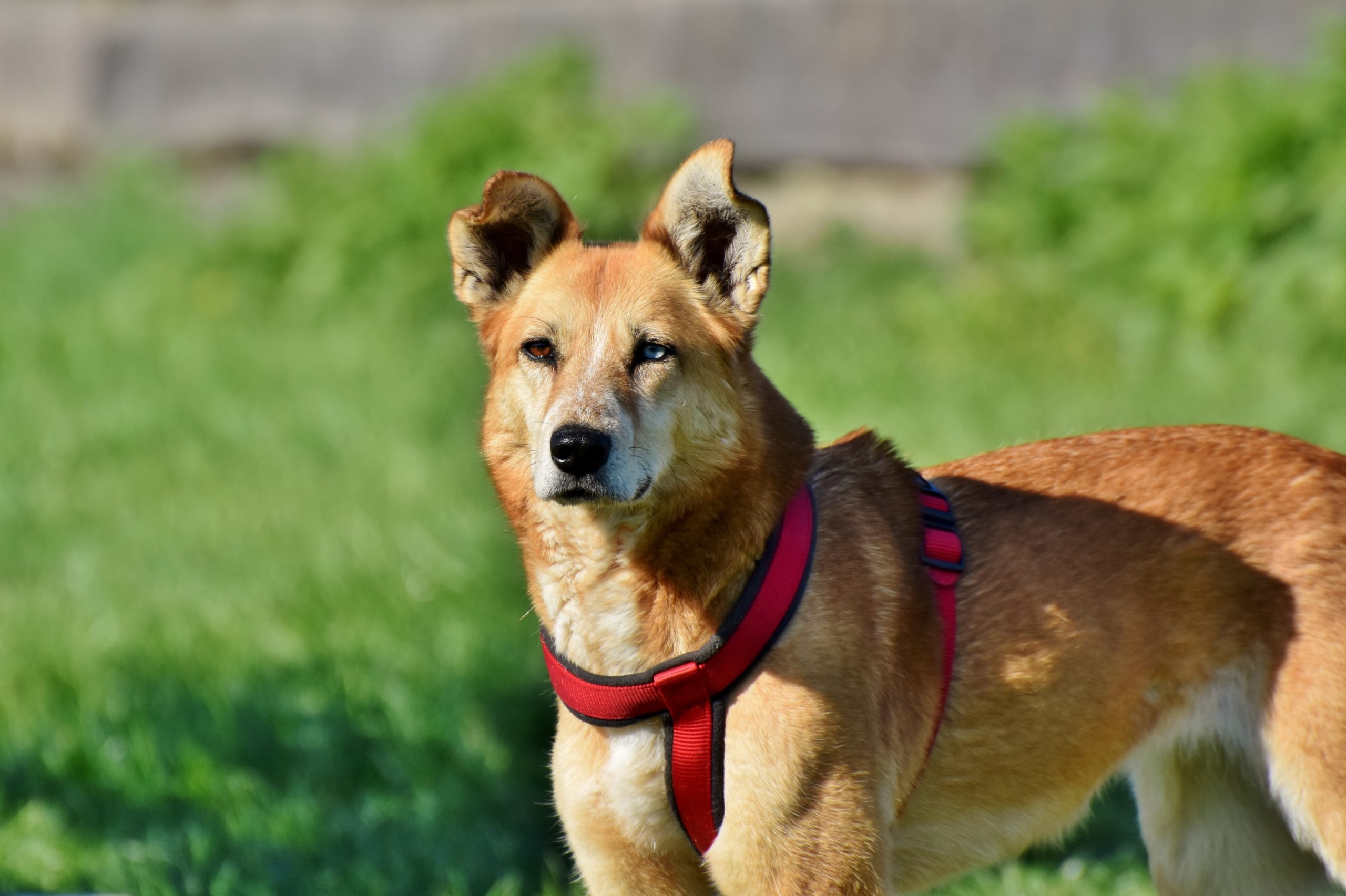

 On demand visits for urgent issues 24/7
On demand visits for urgent issues 24/7 